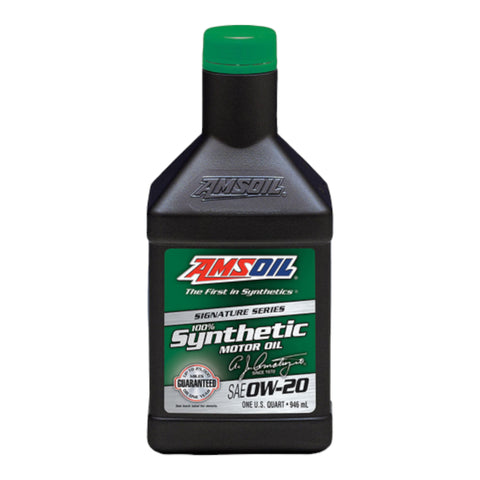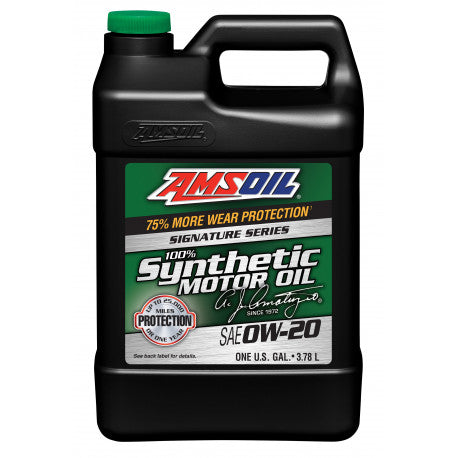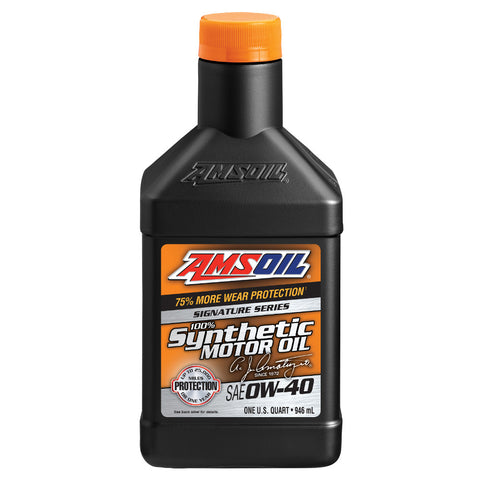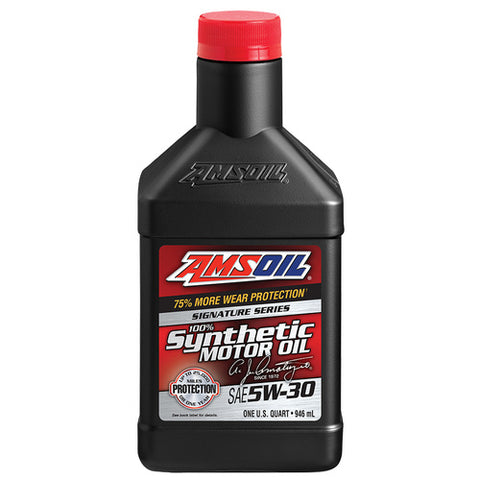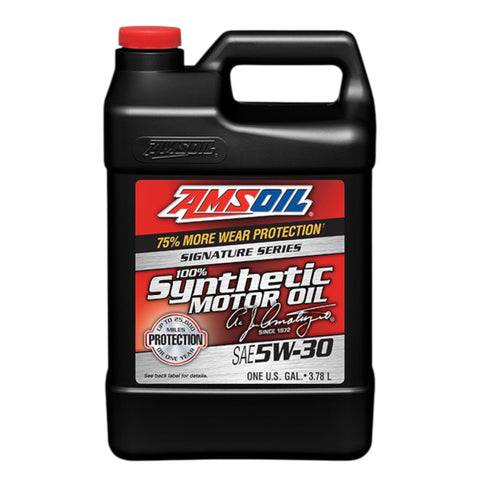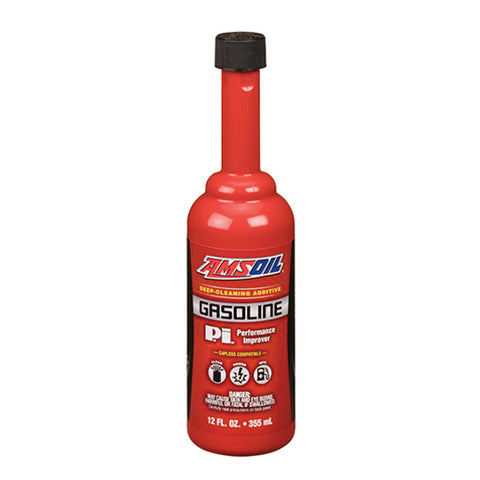
AMSOIL Pi Performance Fuel Additive 355ml
Product Highlights:
P.i. improves fuel mileage an average of 2.3% and up to 5.7%. Reduces emissions such as hydrocarbons (HC) up to 15%, carbon monoxide (CO) up to 26% and nitrous oxides (NOx) up to 17%. Restores power and performance. Reduces the need for costly higher octane fuel. (API)
Maximum Deposit Clean-Up
AMSOIL P.i. features aggressive additives that attack the most common forms of engine deposits and limit their effects.
Removes Fuel Injector Deposits
Most new engines feature gasoline direct-injection (GDI) to boost power and improve fuel economy. These injectors are located inside the intense heat and pressure environment of the combustion chamber, making them particularly vulnerable to deposits. Extreme pressure combined with incomplete fuel combustion can lead to dramatically increased soot (particulate matter) levels. Direct injection typically creates 30 to 40 times more soot than port fuel injectors (PFI). Even a minimal amount of injector fouling can lead to increased pollution and wear and decreased power and fuel economy.
Injector deposits:
- Decrease efficiency, power and fuel economy
- Increase exhaust emissions
- Contribute to poor starting and rough idle
P.i. removes stubborn deposits and keeps injectors functioning as they should. Testing shows P.i. restored GDI fuel injectors to a 100 percent flow rate after one tank of fuel.2
Fights Intake Valve Deposits
Valve deposits alter or restrict airflow patterns in the cylinder. They disrupt the balanced air/fuel ratio by momentarily absorbing and releasing fuel. The deposits can also cause valve sticking by getting in the way of the valve stem and guide.
Intake valve deposits:
- Decrease power and efficiency
- Increase exhaust emissions
- Lead to potential valve failure
P.i. helps keep valves clean and moving freely.
- Restores power and performance
- Reduces need for costly higher-octane fuel
- Reduces noise from carbon rap and pre-ignition
- Controls pre-ignition "knock"
- Improves fuel economy
- Capless compatible



1Based on independent testing using EPA tests: Federal Test Procedure 75 (FTP), Supplemental Federal Test Procedure (US06), and the Highway Fuel Economy Test (HFET). Average fuel mileage increase of 2.3 percent. 2ASTM D5598(M) – 2013 Buick Regal test vehicle

Cleans Combustion Chamber Deposits
Combustion chamber deposits increase compression and absorb heat during combustion. Later, they release that heat during the intake cycle. In some engines deposits can cause the piston to actually hit the cylinder head – a process known as “carbon rap.” The deposits can also flake off and become trapped between the valves and valve seat, resulting in compression loss.
Higher compression and stored heat increase the likelihood of pre-ignition “knock” when the fuel spontaneously combusts prior to spark ignition. This increases emissions and may cause engine damage. Most vehicles have sensors that adjust spark timing to prevent knock. Although audible 'knock' is controlled, power is lost from retarded timing and engine efficiency suffers. Higher octane fuels can be used to help prevent the phenomenon. As a vehicle ages, more-expensive, higher-octane fuel is needed to keep it operating at peak performance.
Combustion chamber deposits:
- Increase the possibility of "carbon rap"
- Contribute to compression loss, difficult starting and rough idling
- Increase the possibility of pre-ignition "knock" or "pinging"
P.i. fights combustion chamber deposits which helps restore power, control knock, increase fuel economy and reduce the need for higher-octane fuels.
Maximum Fuel Economy & Reduced Emissions
AMSOIL P.i. maximizes fuel efficiency by dissolving and removing deposits and other contaminants for improved power and overall performance. It improves fuel mileage up to 5.7 percent.1
P.i. works as an "emissions passer." Running one tank of treated fuel through your engine helps pass emissions tests.
P.i. also reduces the following types of emissions:1
- Hydrocarbons (HC) up to 15%
- Carbon monoxide (CO) up to 26%
- Nitrous oxides (NOx) up to 17%
Capless-Compatible Packaging
Many new vehicles have replaced traditional fuel caps with capless systems. The threads on most bottles restrict them from opening the flap inside the fuel neck and also make removing the bottle difficult. The P.i. bottle is fully compatible with capless fuel systems.
RECOMMENDATIONS
- For use in gasoline powered cars and trucks.
- Treats up to 30 gallons. Add entire bottle to tank at fill-up.
- For best results, clean your fuel system with P.i. every 4,000 miles.
- For large gas tanks, treat with two bottles of P.i. Using more than two bottles per treatment is not recommended.
- Safe for use with catalytic converters, oxygen sensors, oxygenated gas and up to 15 percent ethanol blended gas.
- Do not use with diesel or E85 fuel or two-stroke engines.
We Also Recommend

